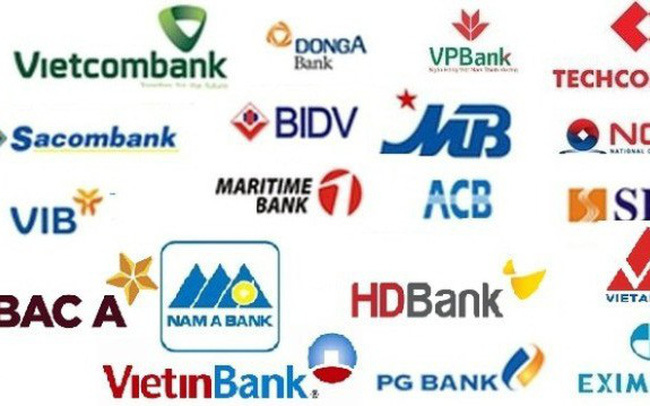According to the State Bank of Vietnam (SBV), the total assets of foreign banks by the end of 2018 had reached VND1,137 trillion only, less than a quarter of total assets of Vietnam’s joint stock banks or state-owned banks, but their growth rate was very high, 19.12 percent, or 50 percent higher than joint stock banks and triple state-owned banks.

Dien Dan Doanh Nghiep quoted its sources as reporting that the pressure from foreign banks on Vietnamese. There are nine wholly owned foreign banks, while the number of foreign bank branches has increased to 49 with the appearance of Agriculture Bank of China Hanoi and Kookmin Hanoi.
Foreign credit institutions have been improving their financial capability. Standard Chartered Vietnam increased its chartered capital to VND3.534 trillion in early 2018 and then to VND4.215 trillion earlier this year.
In 2018, the State Bank accepted plans to increase capital at foreign bank branches, including Nong Huyp Bank Hanoi Branch (to $80 million), Bank of China HCMC ($100 million) and Siam Bank HCMC ($100.47 million). The improved financial capability has paved the way for foreign banks to expand their networks in Vietnam.
Previously, foreign banks mostly served businesses from their home countries, but they recently have jumped into the market segments where Vietnamese banks are dominating, such as consumer credit and funding small and medium sized enterprises.
|
Previously, foreign banks mostly served businesses from their home countries, but they recently have jumped into the market segments where Vietnamese banks are dominating, such as consumer credit and funding small and medium sized enterprises. |
Shinhan Card, for instance, spent $151 million to take over Prudential Finance, showing its intention to conquer the consumer credit market and join the top 3 credit card service providers in three years.
Banking experts commented that foreign banks are strengthening their operation in Vietnam in anticipation of the next-generation FTAs Vietnam has and will sign, such as CPTPP and EVFTA. Therefore, Vietnam is likely to see more foreign banks joining the market.
They warned that while foreign banks are intensifying their business, Vietnamese banks are still busy settling bad debts and restructuring their operations to satisfy Basel II standards.
Vu Ngoc Diep, Le Mai Trang and Nguyen Thuy Linh from the Trade University, in their recently released study, warned that Vietnam’s banks will meet challenges from banks from CPTPP member countries.
CPTPP allows banks of member countries to provide services across borders, which means that banks in Japan can provide card and payment services to Vietnamese clients without a presence in Vietnam.
Meanwhile, the CEO of HSBC Vietnam, Pham Hong Hai, argued that Vietnamese banks have bigger advantages.
RELATED NEWS
Compulsory reserve cuts to have little effect on banks
Will ‘zero dong’ banks turn into 100 percent foreign owned banks?
Mai Lan
 Taking advantage of the period during which Vietnamese banks are focusing on restructuring and bad debt settlement, foreign banks have been gearing up for bigger market share.
Taking advantage of the period during which Vietnamese banks are focusing on restructuring and bad debt settlement, foreign banks have been gearing up for bigger market share.